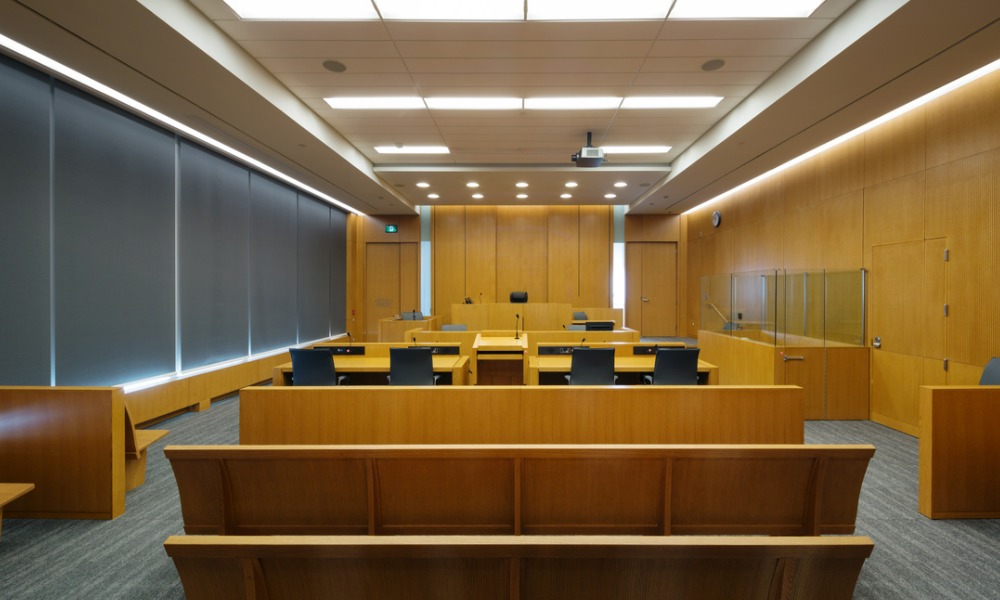
Appellant provided fresh evidence of programs taken while in custody; sentence appeal dismissed

A sentencing judge did not err by failing to consider a convicted man’s Indigenous background, given that the judge did not know about it, the Ontario Court of Appeal has found.
The appellant in the case of R. v. Nercessian, 2022 ONCA 704 pleaded guilty to seven offences. In August 2021, Justice Harvey Brownstone of the Ontario Court of Justice imposed a global sentence of 29 months plus pre-sentence custody in line with the parties’ joint submission.
The appellant asked for leave to appeal his sentence. He argued that his defence counsel did not call the sentencing judge’s attention to the fact that he was Indigenous and that the judge thus failed to take into account his background and apply the principles provided in the case R. v. Gladue, [1999] 1 S.C.R. 688.
The appellant wanted to rely on fresh evidence of his progress in programs, including Indigenous programming, in which he participated during his custody. The prosecution did not oppose admitting the fresh evidence.
The Ontario Court of Appeal granted leave to appeal but dismissed the sentence appeal. The appellate court admitted the fresh evidence, but it determined that it did not impact the result of the case since there were no identified errors in principle.
First, the appellate court rejected the appellant’s argument that the trial judge made an error by failing to consider his Indigenous background. The appellate court found nothing on the record to suggest that the trial judge was told, knew, or had to inquire into the appellant’s assertion that he was Indigenous.
Second, the appellate court refused to accept the appellant’s contention that trial counsel failed in her duties to provide this information to the trial judge. The appellate court found it inappropriate to consider this argument since the appellant did not advance a ground of appeal for ineffective assistance of counsel.
Third, duty counsel expressed concern about the brevity of the plea proceedings. In response, the appellate court saw no errors in the trial judge’s acceptance of the joint submission or in the conduct of the proceedings.
The appellate court said that the plea proceeded after a Crown pre-trial and was presented to the sentencing judge as a joint submission. The sentencing judge confirmed that the plea was voluntary although there was no plea inquiry, the appellate court noted.
Lastly, the appellate court commended the appellant for his efforts to rehabilitate himself and to remain sober, as well as his continued embracing of his Indigenous background. The appellate court urged him to continue with his programming.